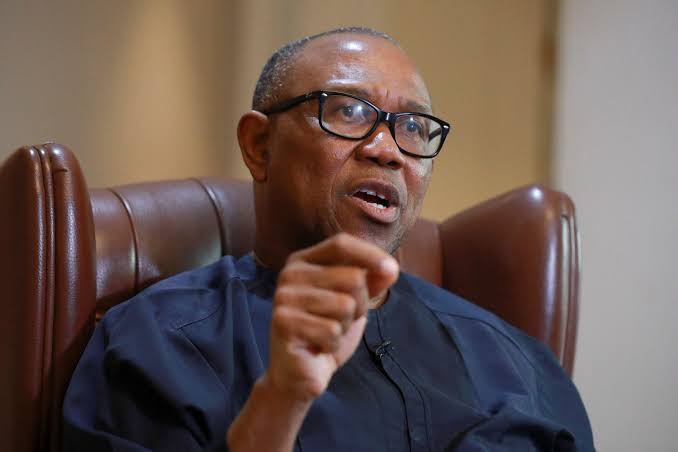The presidential candidate of the Labour Party in the 2023 elections, Peter Obi, has called on the federal government to urgently address the impact of inconsistent customs duties on businesses in Nigeria.
In a post on X, (a microblogging platform), Mr Obi analysed how selfish and time-to-time charges are making life difficult for both business and business owners.
He added that a crucial issue being faced by importers who base their calculations on a specific exchange rate at the initiation of importation lies in the different rates subjected to when the goods arrive in Nigeria.
“The federal government should stop the arbitrary and ever-increasing customs duties as it is now negatively impacting businesses and the cost of items, and this portends a huge danger to the economy.”
“A situation where at the point of initiating importation, Form M and other documents related to importation are based on a particular rate of exchange, for example, N1000 to $1, being the prevailing exchange rate at the time which the importer of goods was used to calculate the entire process, from the import initiation to receipt of goods in his warehouse.”
“Then suddenly when the goods arrive in Nigeria, and duties are calculated at different rates, say N1400 to $1, it becomes a serious business challenge that results in business losses. Worse still, it directly fuels the inflationary spike which is the basis of increasing cost of goods and living,” he posted.
This sudden change, he said, not only creates serious challenges for businesses but also fuels inflation, ultimately leading to higher costs of goods and living expenses for citizens.
Mr Obi warned that the current situation could result in further closures of businesses and job losses.

He cautioned that if these inconsistencies persist, importers may be forced to seek alternative ports in neighboring countries, leaving Nigerian ports under-productive and further deepening the economic woes.
He called for the urgent need for the government to demonstrate consistency in its policies, emphasising that such predictability is essential for economic forecasting and business planning.
He also called for immediate action to support businesses, particularly those in the manufacturing sector, to prevent closures and maintain economic growth.
Olaitan Ibrahim Akano